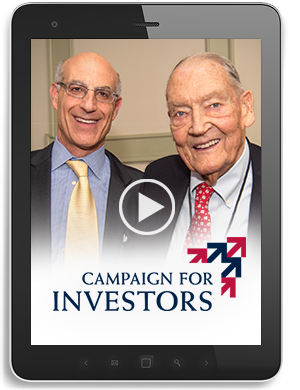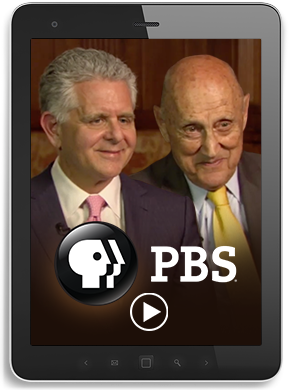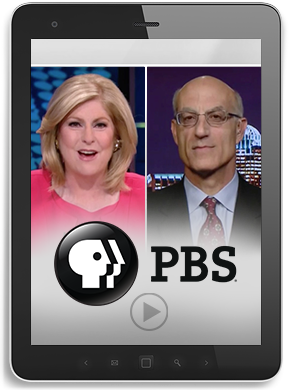After Divorce: Build the Financial Future You Want

Vice President of Client Services Sally Brandon shares her advice for how to take control of your financial future after a divorce, ensuring you’re set up for a secure, rewarding retirement.
The divorce has been finalized. The papers are signed, the dust has settled and now you can start thinking about your future. It’s the perfect time to take stock of what you want for the next phase of your life. And as you do this, it’s also a good time to think about your financial future and make sure you’re set up for a secure, rewarding retirement.
Why should you think about retirement now, when it may still be many years down the road? A financial plan may seem premature, but the sooner you set it up, the longer you’ll have to build the resources you’ll need later on. You’ll also be taking control of your financial future, maybe for the first time in years – and this can be truly empowering.
That’s what one of my clients discovered when she came to me soon after her divorce. A smart, outgoing woman in her 30’s, my client was a busy stay-at-home mom of two kids. She was planning to go back to work in digital marketing, but needed help getting a handle on her finances. Her ex had managed their budget, investments and retirement accounts, and my client wasn’t sure what her options were.
As we worked through her choices, she began to feel more confident about her ability to make financial decisions, and she told me that helped her feel more secure as she embarked on this new phase of her life.
Here’s what I told my client:
- Just get started saving! You may feel that you don’t have money to spare, but any amount, no matter how small, is better than none.
- Don’t underestimate the magic of compound interest working in your favor. Compound interest means you earn interest on interest: you earn not only on your principal but also on all the interest you’ve accumulated. Or think of it like this: in 20 years at 7.2 percent interest, $10,000 turns into $40,000. That’s as close to magic as it comes in financial planning!
- If you’re employed or are planning on going back to work, look for an employer-provided retirement savings plan. Ideally, your employer offers a good 401(k) retirement plan and will match part or all of the contributions you make through payroll deductions. If your company offers a match, definitely contribute enough. If your employer doesn’t match contributions, invest as much as possible in their plan if they offer good, low-cost funds to get the full value of that match—don’t leave free money on the table.
- Look for funds with expense ratios of under 1% and be sure to consider exchange-traded funds (ETFs), which much less expensive than mutual funds to own. Just as compounding interest is your friend, compounding fees can seriously erode your earnings over time.
- If your employer doesn’t offer a 401(K) plan or if they only offer high-cost funds, open your own IRA. Like 401(k)s, these tax-deferred retirement accounts will compound your dividends, interest payments and capital gains tax-free until you reach retirement age. And if you’re self-employed or a small business owner, you can get all the same benefits with a SEP-IRA.
One thing, that’s especially important to remember, is that there’s a penalty for early withdrawal from a tax-deferred account if you’re younger than 59 ½. And even if you’re older, think twice before dipping into your retirement account. That money is meant to last you a good, long time.
As you begin to explore your options, you’ll find that there are a number of resources to help you develop a solid retirement plan. And as my client discovered, taking control of your financial future is one of the best way to start creating the life you want, right now.
Sally Brandon is vice president of client services for Rebalance, a retirement-focused investment advisory firm with over $270 million of assets under management. In this role, she manages a wide range of retirement investing needs for over 400 clients. Sally earned her BA from UCLA and an MBA from USC.





